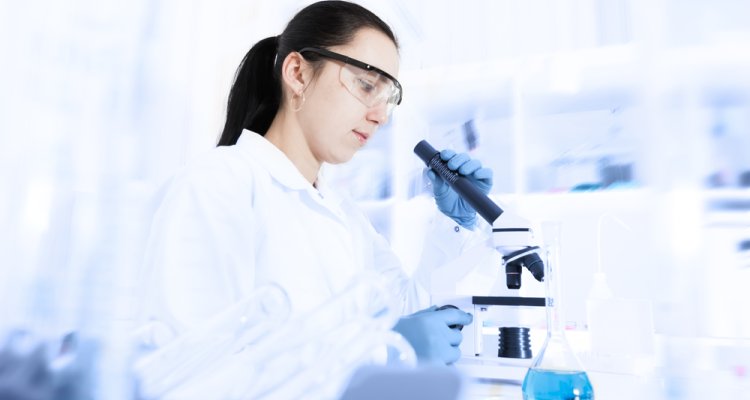
Online
Advanced Molecular Gastronomy: Physical and Chemical Aspects of Flavour Pairing
Elevate your expertise in the food industry and delve into the fascinating world of molecular gastronomy. Join our immersive online master's course, where we unravel the profound influence of physical and chemical aspects on the stability of food products. Discover the captivating relationship between wine and chocolate, exploring how their unique physical and chemical properties shape sensory perception. Unlock the art of skillfully pairing and create harmonious flavour combinations that captivate the palate.
Registration deadline: 24 April 2025
Exam date: 5 June 2025
Target audience
To be able to participate in the course, you are expected to have at least a BSc level of education in Food Science and Technology or a related field, such as Chemical Engineering or Biotechnology.
The language of instruction of this course is in English. Admission to the course requires a level of English as described at the webpage linked in the right-hand column.
Learning outcomes
After successful completion of this programme, you will be able to:
- Link taste modalities to sensory perception.
- Analyse chemical and physical data to link the food ingredients to their function.
- Explain the mechanisms behind important taste modalities (sweet, umami).
- Identify the physical phenomena and understand the mechanisms of action that play a role in products such as ice-cream.
- Link structural aspects to texture and sensory perception.
Programme
The course aims to teach students to combine physical and chemical sciences with gastronomy-relevant phenomena. The course will focus on the science behind different product categories regarding textural and flavour aspects. These aspects are introduced about developments in industry and restaurants. The course includes both physical and chemical aspects of these products. To combine such elements, we also have the part of flavour pairing.
Physical aspects
- Different physical phenomena in products are described, such as ice crystallization, phase behaviour, rheology, interfacial phenomena, gel formation, diffusion, and flavour release. These phenomena are discussed to understand the preparation, the stability and the shelf-life of the foods, which may be an important aspect for restaurants or industry
- For the different food products, the role of the ingredients are discussed with respect to the structure of the food (emulsion, dispersion, foam, interface)
- The structure of the food is related to textural (sensorial properties) of the different food products. The scientific understanding of the systems will allow you to change the structure of the food and thereby control the sensory perception of the food
Chemical aspects
- Chemical aspects important to understand the sensory perception are discussed, such as sweet and savoury. These are discussed in relation to the sensors present in our mouth to detect certain compounds
- Different ingredients related to sensory detection are discussed and the interactions between different compounds in food. The effect of time or processing conditions will be discussed and how these can alter the sensory perception
- The ingredients are discussed in terms of their functionality in different food products. The scientific understanding of these systems will allow you to control the stability of the products
This course offers a dynamic learning experience through a variety of engaging activities. You will have access to knowledge clips, which provide in-depth theoretical explanations on various topics. These clips are complemented by written materials that further enhance your understanding. Additionally, you can engage in digital case studies that allow you to apply the knowledge gained from the clips and written materials. These self-directed case studies empower you to explore and navigate the exercises.
You will receive valuable feedback throughout the course to support your learning journey. Get ready for an interactive and enriching experience.
Combining courses
When you want to learn more about food biotechnology and processing, other courses are interesting for you too. You can deepen your knowledge in a specific career field without completing a Master's programme. You can register for any combination, but please consider our suggestions in the right-hand column.
Examination
Participation in the remote proctored exam is optional. If you decide not to participate in the exam, you do not qualify for a certificate and/or Micro-credentials. The certificate is included in the course price. The date of examination is 6 June 2025.
Certification
Upon successful completion, a digital Micro-credentials certificate (EduBadge) with 3 study credits (ECTS) is issued. The EduBadge certifies the learning outcomes of short-term learning experiences, marking the quality of a course.
Coordinated by
Register
Join this course now.
Capstone project
When you complete two courses, you can start a capstone project in consultation with a Wageningen expert in the field. It is a tailor-made project where you will write a short paper about your results and conclusions. During this work, you will be coached by an expert. Price: €1,230